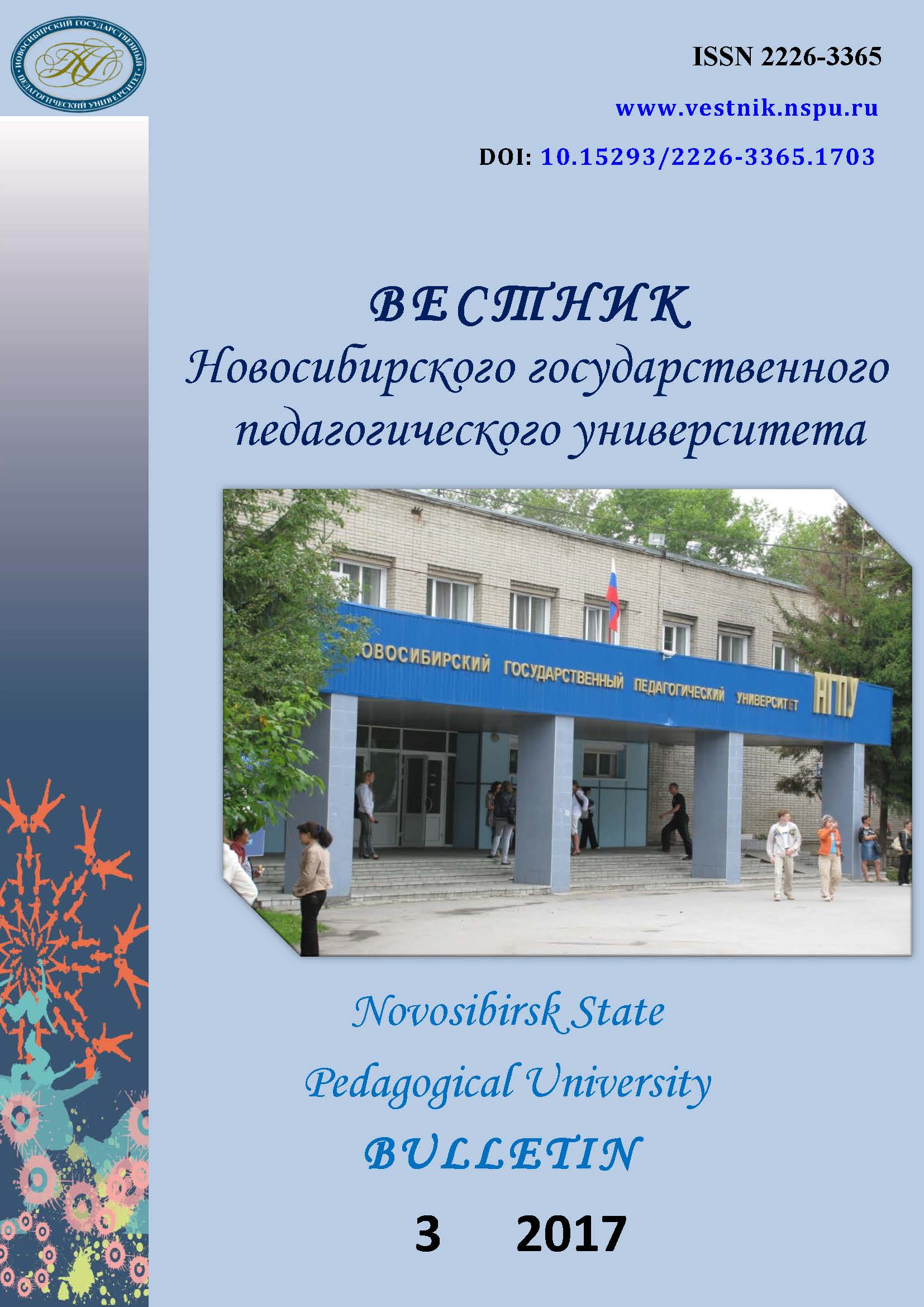Концепция развития
интеллектуального потенциала: измерения и основания в контексте проблем непрерывного образования (обзор)
The concept of intellectual potential development: the main dimensions and bases within the context of lifelong education (review)
Author(s): Yury Viktorovich Pushkarev, Elena Aleksandrovna PushkarevaSubject(s): Vocational Education, Individual Psychology, Social Informatics, Sociology of Education
Published by: Новосибирский государственный педагогический университет
Keywords: Intellectual potential; Continuing education; Sustainable development; Development ef-fectiveness; Human capital impact; Person's ability to adapt; Innovative thinking
Summary/Abstract: Introduction. The article investigates the development of intellectual potential of modern society. The article aims to identify the main dimensions and bases in development of intellectual potential within the context of lifelong education. Methodology. The methodology the study is based on an analysis and generalization of scientific-research works of foreign and domestic scholars in the field of globalization, sustainable development, information and knowledge-based development of modern society, philosophy of education, and continuing education. Results. The authors identified basic understanding of such concepts as "intellectual potential" and "intellectual culture" of modern society introduced by Russian and foreign researchers. The peculiarities of correlations between the concepts of "intellectual capital" and "human capital" presented in modern studies are revealed. The authors emphasize that within the context of continuing education it is necessary to define intelligence not as a set of cognitive processes, but to consider it as an individual’s ability to adapt to the environment. The concept of “intellectual capital” (and “human capital” as one of its components) is considered as a leading one in modern economic analysis, where attention is directed, on the one hand, to the significant problems of the influence of human capital on economic efficiency of a country or a region, but, on the other hand, - to local issues of the impact of human capital on development of organization’s economic effectiveness. The authors have differentiated two main groups of studies and conducted an analysis of risks in developing intellectual potential within both groups. The risk factors are explained by rapid changes (instability) of development in modern society, which significantly increase the need for continuing (lifelong) and widely continuous updates (lifewide widespreadly update) of human knowledge, competencies and skills. The authors identify the characteristic features of developing intellectual potential within the context of continuing education. Conclusion. Conclusions are made about the specifics of the grounds for the development of intellectual potential in the context of lifelong education.
Journal: Вестник Новосибирского государственного педагогического университета
- Issue Year: 7/2017
- Issue No: 3
- Page Range: 140-156
- Page Count: 17
- Language: Russian

